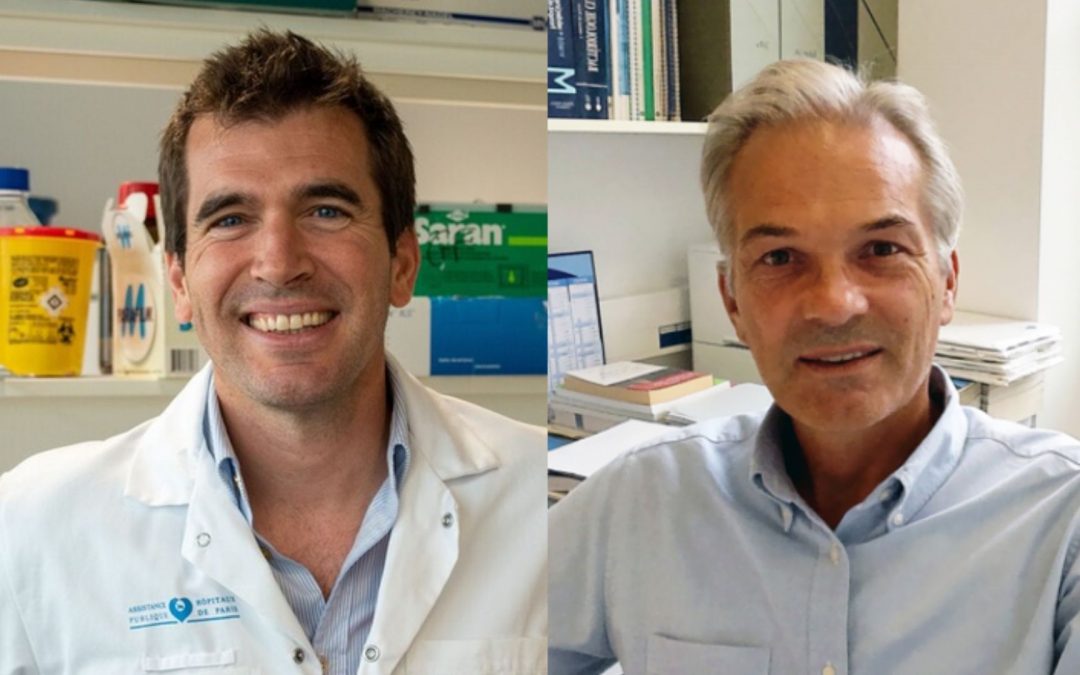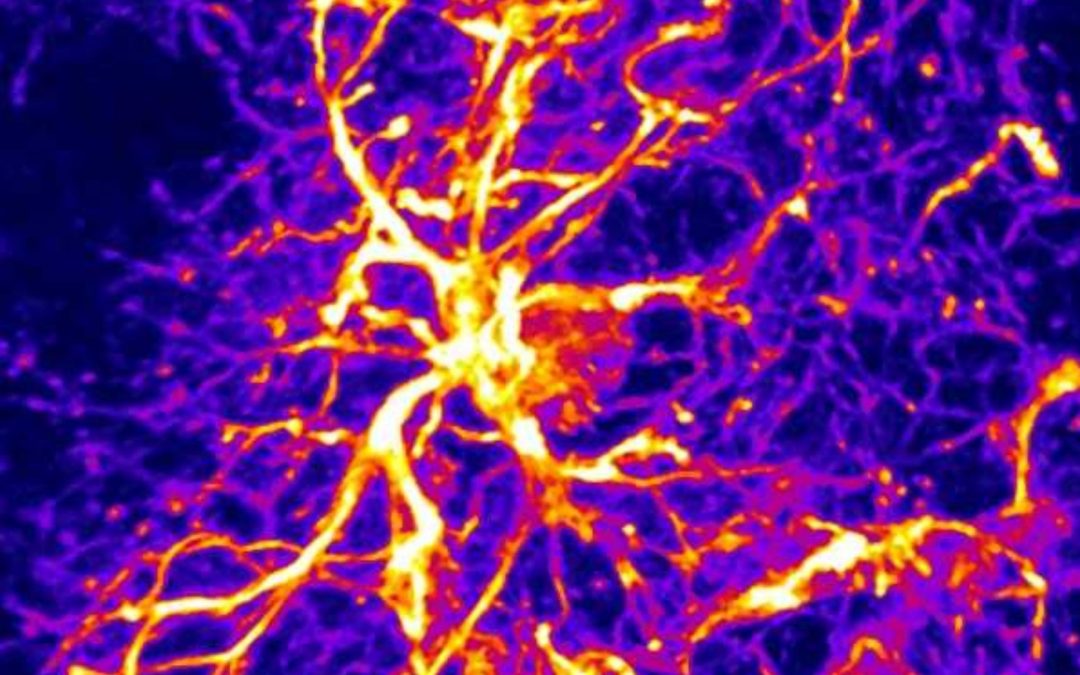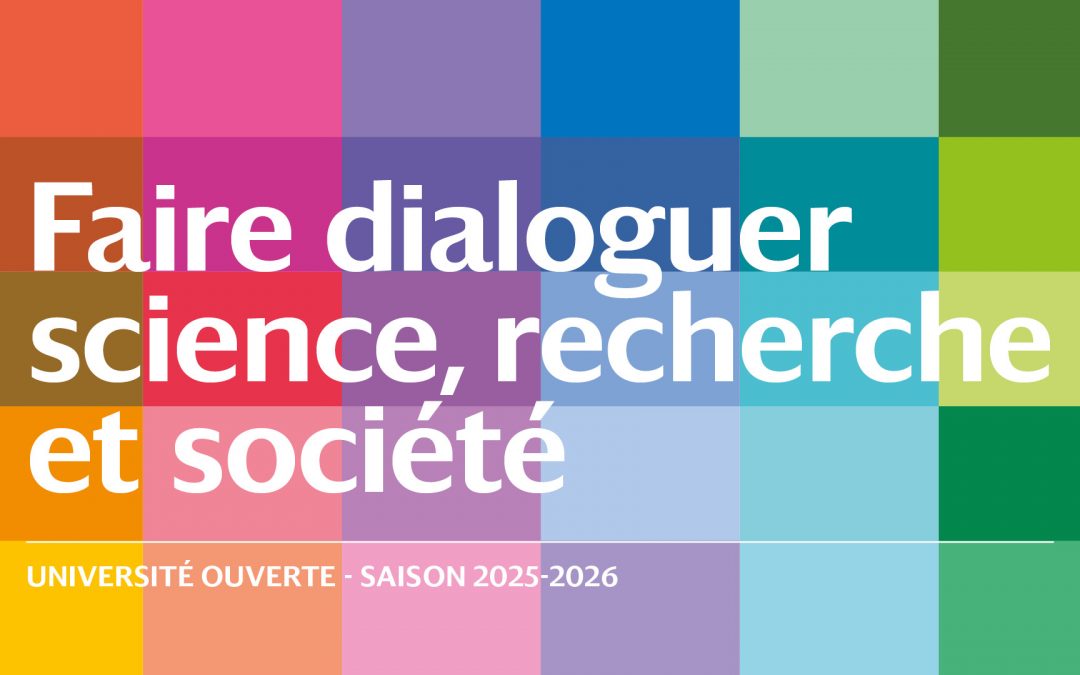Sustainability and Transitions
The Graduate School of Sustainability and Transitions aims to train through research in theories and tools for thinking about and implementing sustainable transitions at different scales. These transitions are based on an understanding of the issues at stake in terms of risk, equity and social and environmental justice.
Sustainability and Transitions is supported by a group of social and human sciences laboratories working closely with environmental sciences and in partnership with University of technology of Compiègne and Sorbonne University.


Presentation
By integrating the socio-technical and socio-ecological dimensions, the training courses developed in Graduate School of Sustainability and Transitions encourage:
- Case studies in relation to territories, but also with groups of students responsible for questioning and locally co-constructing transitions that mobilise contextualised knowledge and relevant academic knowledge.
- Interactions between these local approaches and more global reflections on ecological, economic and social policies to support the different forms of transitions in question.
In terms of knowledge, this training programme is based on the exploration by the human and social sciences of socio-ecological transformations[1] and the conditions of resilience of the earth system[2], in a context characterised by Anthropocene[3]. This training is part of a joint work with the physical, natural and environmental sciences, taking into account local and global dynamics.
[1] The scientific entry through socio-ecological transformations associated with the issue of resilience emphasises socio-ecological systems, i.e. a bio-geo-physical unit, as well as institutions and actors. associates. These socio-ecological systems are complex, adaptive and circumscribed with effects of context. They are particularly studied by the life sciences (ecology, evolutionary biology, agronomy, etc.) and the human and social sciences associated with local actors. The term resilience is used by a large number of people and in particular many actors from the world of development – the World Bank, the FAO, the CGIAR consortium, the French Development Agency, etc. – and the scientific community interested in societies in their environment. According to traditions of thought and action, actors tend to favour adaptation or transformation.
[2] The scientific entry through the Earth system focuses on the study of the interactions between all the Earth’s geological compartments and the living forms that inhabit them, including humans and their activities.
[3] Popularised by the Nobel Prize in chemistry Paul Crutzen and the biologist Eugene Stoermer, the word anthropocene, ‘the age of man’, now refers to a period of Earth’s history in which human action has become quantitatively comparable to certain geological forces.
Contact
contact@transitions.paris
Masters
Masters taught in French and English:
- Geography, planning, environment and development
- Risks and the Environment
- Energy
- Social Sciences
Masters taught only in English:
Research
Laboratories
At Université Paris Cité
- LADYSS – Laboratory of Social dynamics and spatial reconstruction (UMR 7533)
- LIED – Interdisciplinary Laboratory of Energies of Tomorrow (UMR 8236)
- Cermes3 – Centre for research on medicine, science, health, mental health, and society (UMR 8211)
- CPT – The Earth Politics Center
At University of technology of Compiègne
At Sorbonne University
Doctoral schools
At Université Paris Cité
- Sciences of Societies (DS 624)
- Knowledge, Sciences, Education (DS 623)
- Physics in Île-de-France (DS 564)
At University of technology of Compiègne
Executives
-
Nathalie BLANC
Université Paris Cité -
David FLACHER
University of technology of Compiègne
Partners
À lire aussi

Rentrée 2025-2026 : les dates à connaître
Vous trouverez sur les sites internet des Facultés - Santé, Sciences, Sociétés & Humanités - et de l'Institut de physique du globe de Paris, les informations relatives à la rentrée 2025-2026 dans vos formations et les services dont vous pouvez bénéficier. Faculté...

Deux professeurs d’UPCité distingués par les Chaires d’excellence en Biologie/Santé
Dans le cadre du plan Innovation Santé 2030, l’Agence nationale de la recherche (ANR) a attribué quinze Chaires d’excellence à des scientifiques d’exception pour mener des projets biomédicaux ambitieux en France. Parmi eux, deux enseignants-chercheurs à l'Université...

Le rôle inattendu des astrocytes dans l’obésité
Des chercheuses et chercheurs de l’Unité de biologie fonctionnelle et adaptative (BFA - Université Paris Cité/CNRS) ont montré que l’obésité altère le fonctionnement des astrocytes, des cellules cérébrales clés du striatum. La manipulation de ces cellules chez la...

Université Ouverte : découvrez le programme 2025-2026 !
Vous souhaitez apprendre une langue étrangère ? Vous initier à l’histoire de l’art ? Enrichir votre culture générale au travers de cours d’histoire ou de géopolitique ? Découvrir les mécanismes de notre cerveau ou encore vous initier à l'astrophysique ? Que vous...




